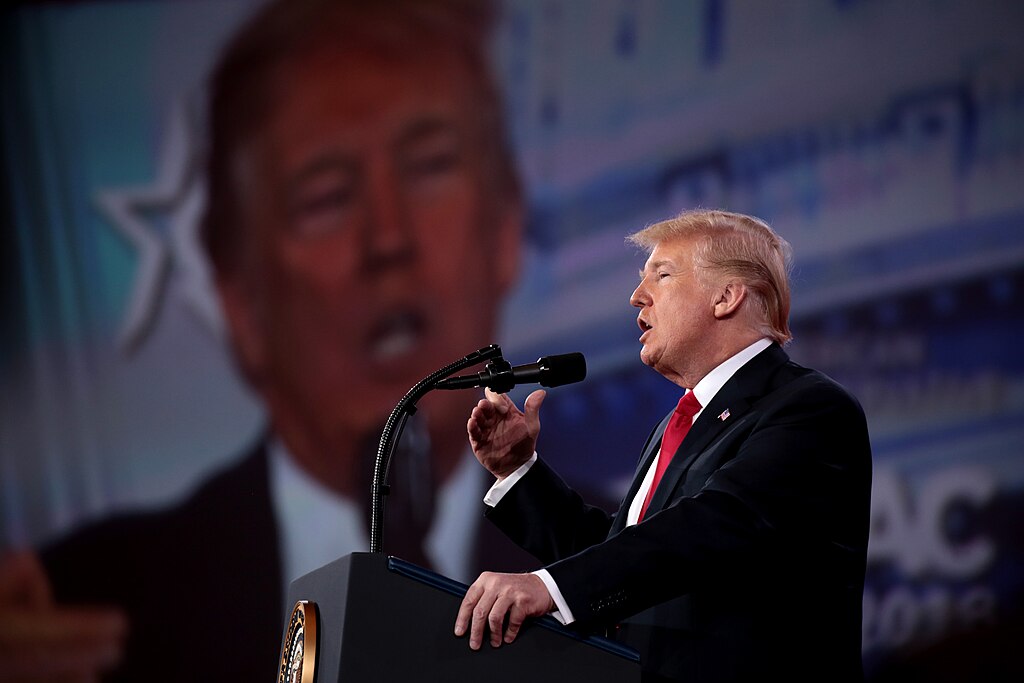The Trump administration’s handling of whistleblower protections in 2025 is under intense scrutiny, as critics question whether the policies will uphold transparency or stifle dissent. Whistleblower protections, a cornerstone of government accountability, have long been a contentious issue. With President Donald Trump returning to the Oval Office, many wonder how his administration will navigate the delicate balance between safeguarding whistleblowers and enforcing loyalty within government ranks.
Stronger Oversight or Eroding Protections?
Policy Changes in Focus
Early signals from the Trump administration suggest potential shifts in whistleblower policies. Analysts predict a tougher stance on what the administration deems “unauthorized disclosures,” emphasizing national security concerns. Critics argue this approach could blur the lines between legitimate whistleblowing and leaks, discouraging government employees from reporting misconduct.
While official statements emphasize a commitment to protecting individuals reporting through “proper channels,” advocates worry that narrowing these pathways could effectively silence those attempting to expose corruption or abuse. Proposed changes to whistleblower legislation, reportedly aimed at “preventing misuse,” have already sparked debate.
Impact on Federal Agencies
Federal agencies such as the Department of Defense and the Intelligence Community are likely to see enhanced restrictions under Trump’s administration. Internal compliance programs may expand, focusing on identifying potential whistleblowers before they act. However, whistleblower advocates warn that such measures could deter ethical disclosures and erode trust within agencies.
The Broader Debate: Accountability vs. Loyalty
Supporters Back Stricter Measures
Proponents of stricter whistleblower regulations argue that national security should take precedence. High-profile cases involving leaked classified information have fueled calls for reforms, with supporters pointing to the need for tighter controls. They contend that while protections are essential, policies must not allow bad actors to exploit them.
Critics Fear Chilling Effects
Opponents claim the administration’s approach risks undermining transparency. Whistleblower advocates stress the importance of protections as a check on government overreach. “Without robust protections, whistleblowers will fear retaliation, leaving misconduct unchecked,” said one legal expert. Critics are urging Congress to strengthen existing laws to safeguard those reporting abuse.
Netizens React: Divided Opinions Flood Social Media
- @AccountabilityMatters: “This administration’s whistleblower stance is terrifying. Who will hold them accountable if protections are eroded?”
- @PatriotFirst: “Leakers are NOT whistleblowers. Trump is right to tighten the rules and protect national security!”
- @TransparencyNow: “We need whistleblowers to expose corruption. Trump’s policies are a direct threat to democracy.”
- @NationalDefense2025: “If you’re a patriot, you don’t need protection for spilling secrets. Do your job or leave.”
- @PolicyCritic: “This is the beginning of a dangerous era for accountability. Congress needs to act now to protect whistleblowers!”
- @EthicsWatcher: “Whistleblowers are the backbone of government transparency. Silencing them is a step backward for the nation.”



 HHS Adds New Members to Vaccine Advisory Panel Amid Legal and Market Uncertainty
HHS Adds New Members to Vaccine Advisory Panel Amid Legal and Market Uncertainty  USITC to Review Impact of Revoking China’s PNTR Status, Potentially Raising Tariffs on Chinese Imports
USITC to Review Impact of Revoking China’s PNTR Status, Potentially Raising Tariffs on Chinese Imports  ICE Hiring Surge Raises Vetting Concerns Amid Rapid Expansion
ICE Hiring Surge Raises Vetting Concerns Amid Rapid Expansion  U.S.-Iran Nuclear Talks Show Progress but No Breakthrough Amid Rising Military Tensions
U.S.-Iran Nuclear Talks Show Progress but No Breakthrough Amid Rising Military Tensions  Germany and China Reaffirm Open Trade and Strategic Partnership in Landmark Beijing Visit
Germany and China Reaffirm Open Trade and Strategic Partnership in Landmark Beijing Visit  Trump Floats Ted Cruz for Future U.S. Supreme Court Nomination
Trump Floats Ted Cruz for Future U.S. Supreme Court Nomination  Philippines, U.S., and Japan Conduct Joint Naval Drills in South China Sea to Boost Maritime Security
Philippines, U.S., and Japan Conduct Joint Naval Drills in South China Sea to Boost Maritime Security  Macron Urges Emergency UN Security Council Meeting as US-Israel Strikes on Iran Escalate Middle East Tensions
Macron Urges Emergency UN Security Council Meeting as US-Israel Strikes on Iran Escalate Middle East Tensions  Trump Warns Iran as Gulf Conflict Disrupts Oil Markets and Global Trade
Trump Warns Iran as Gulf Conflict Disrupts Oil Markets and Global Trade  Russia Signals Openness to U.S. Security Guarantees for Ukraine at Geneva Peace Talks
Russia Signals Openness to U.S. Security Guarantees for Ukraine at Geneva Peace Talks  Pentagon Leaders Monitor U.S. Iran Operation from Mar-a-Lago
Pentagon Leaders Monitor U.S. Iran Operation from Mar-a-Lago  Israel Declares State of Emergency as Iran Launches Missile Attacks
Israel Declares State of Emergency as Iran Launches Missile Attacks  Trump Launches Operation Epic Fury: U.S. Strikes on Iran Mark High-Risk Shift in Middle East
Trump Launches Operation Epic Fury: U.S. Strikes on Iran Mark High-Risk Shift in Middle East  Trump to Address Nation as U.S. Launches Strikes in Iran, Axios Reports
Trump to Address Nation as U.S. Launches Strikes in Iran, Axios Reports  NYC Mayor Zohran Mamdani Meets President Trump to Tackle Housing Crisis and ICE Detentions
NYC Mayor Zohran Mamdani Meets President Trump to Tackle Housing Crisis and ICE Detentions  Australian PM Calls Alleged Western Australia Terror Plot “Deeply Shocking” After Arrest
Australian PM Calls Alleged Western Australia Terror Plot “Deeply Shocking” After Arrest  Pentagon to Halt Ivy League Programs for U.S. Military Officers Starting 2026
Pentagon to Halt Ivy League Programs for U.S. Military Officers Starting 2026 
































